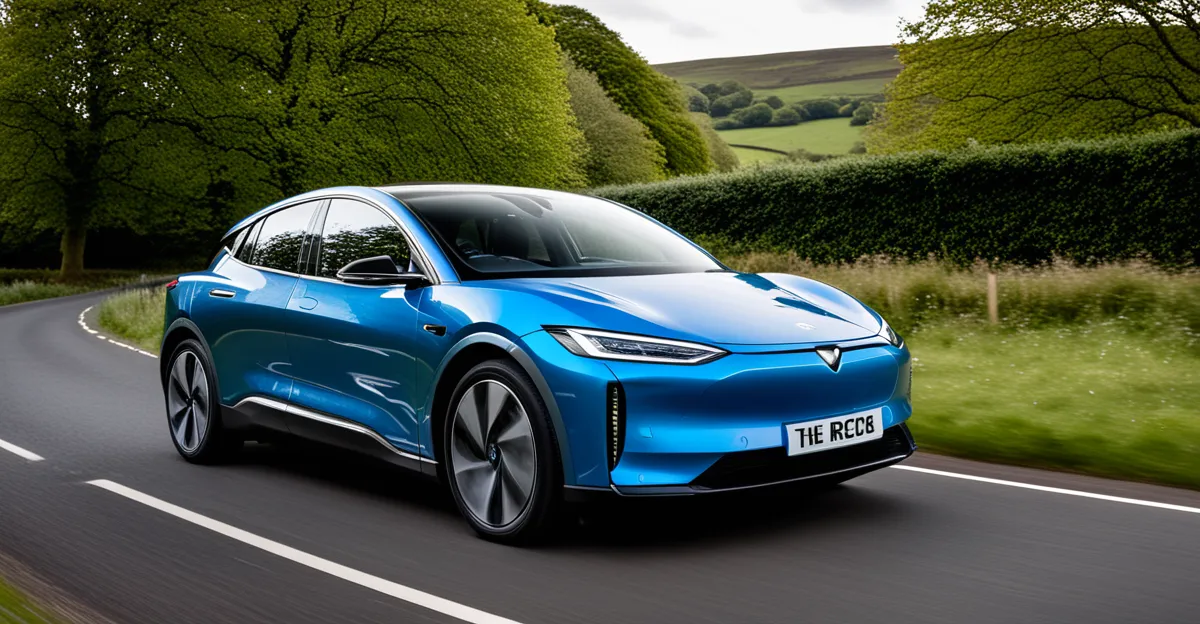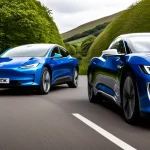Latest UK Government Policies and Incentives for Electric Cars
The UK government EV policies have accelerated recently, aiming to boost electric car adoption and reduce carbon emissions. Key regulations include the phased ban on new petrol and diesel cars by 2030, pushing consumers toward electric alternatives. To complement these rules, the government offers various electric car incentives designed to lower upfront costs.
Buyers currently benefit from grants that reduce the price of eligible electric vehicles, making them more affordable. Additionally, there are incentives for businesses investing in EV fleets or installing charging infrastructure. These financial incentives often cover a portion of the vehicle cost, reflecting a strategic focus on stimulating both consumer uptake and industry investment.
Topic to read : How are UK automotive companies addressing cybersecurity in connected cars?
New policies under consideration seek to expand these incentives and improve support for EV manufacturing within the UK. Proposals include increased funding for charging network expansion and subsidies targeting lower-income households to promote equal access.
By maintaining strong UK regulations and consistent incentives, the government strives to ensure that the EV market maintains momentum, encouraging both innovation and widespread electric car adoption across the country. This proactive approach supports long-term sustainability and aligns with the UK’s ambitious environmental targets.
Also to see : Will Electric Vehicles Dominate the Future of the UK Automotive Industry?
Recent Electric Vehicle Model Launches and Industry Innovations
The UK EV market trends show a rapid influx of new EV models UK, reflecting growing consumer demand and advancing technology. Manufacturers have introduced electric cars featuring extended battery life, enhanced safety features, and sleeker designs to compete effectively. These latest models offer significant improvements in driving range, often surpassing 250 miles per charge, which addresses range anxiety—a key barrier to adoption.
Electric car innovation also extends to performance. New vehicles incorporate quicker acceleration and smarter energy management systems, making them more appealing to diverse driver preferences. Many models now include advanced driver-assistance and infotainment technologies, improving the overall user experience.
Shifts in the UK EV market trends indicate that buyers increasingly value affordability, practical range, and sustainability. This is prompting manufacturers to prioritize affordable yet well-equipped models for the mass market. Additionally, competition among automakers spurs ongoing innovation, encouraging faster adoption of electric vehicles across the UK.
Understanding these evolving trends helps consumers make informed decisions and supports industry efforts to align with the dynamic demands of the UK market. As the range of new EV models UK expands, so does the potential for mainstream electrification.









